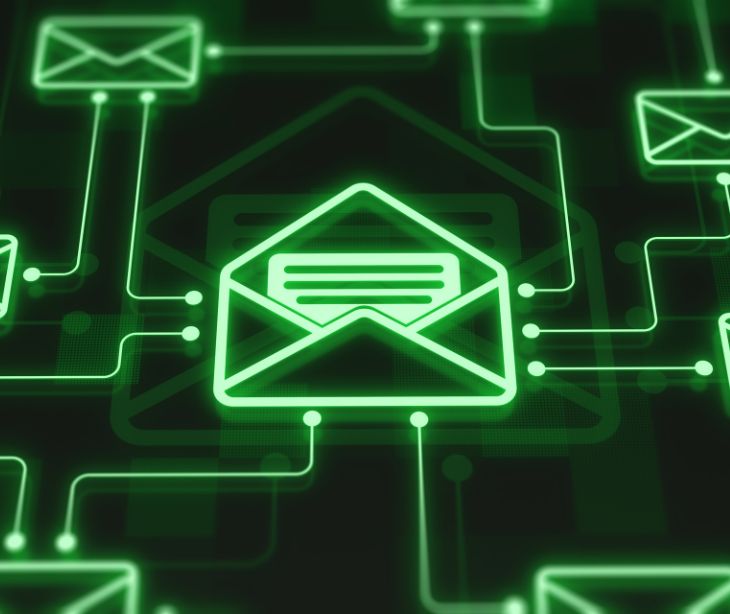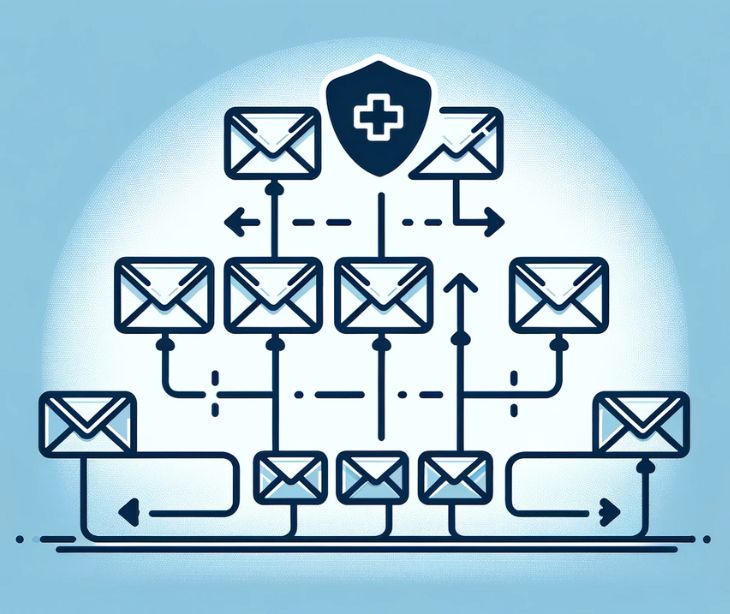
In email communication, authorization refers to the process of verifying that a person, application, or system has permission to perform a specific action, such as sending or accessing email on behalf of a user or domain. It ensures that only approved senders or systems can send emails using a specific domain, preventing unauthorized use or email spoofing.
Key contexts of authorization in email:
Email sending authorization (Domain-based):
Domains can use DNS records to specify which servers are authorized to send emails on their behalf. These include:
- SPF (Sender Policy Framework): Lists authorized mail servers.
- DKIM (DomainKeys Identified Mail): Uses a digital signature to verify sender authenticity.
- DMARC (Domain-based Message Authentication, Reporting, and Conformance): Builds on SPF and DKIM to specify how to handle unauthorized messages.
User authorization
Ensures that only authenticated users can access or send emails via a server. This is typically handled via login credentials (username/password) or through API tokens when applications send emails.
Third-party app authorization
When integrating with email services (e.g., Gmail, Outlook) via apps, third-party apps can be used to authorize access without exposing passwords.
Why authorization matters in email:
- Prevents phishing and spoofing
- Maintains brand reputation
- Ensures secure communication
- Supports compliance (e.g., HIPAA, GDPR)
See also: HIPAA Compliant Email: The Definitive Guide (2025 Update)
Best practices
To ensure secure and trusted email communication, especially when protecting against spoofing, phishing, or unauthorized access, follow these authorization best practices:
- Set up SPF, DKIM, and DMARC records in your DNS to verify and authorize legitimate senders and protect your domain from spoofing.
- Use strong user access controls, including multi-factor authentication (MFA) and role-based permissions.
- Secure your email servers with TLS encryption and proper configurations to avoid abuse.
- Monitor email activity and DMARC reports to detect unauthorize use or suspicious behavior.
- Educate users about phishing risks and encourage reporting suspicious emails.
FAQS
Can email authorization prevent phishing completely?
While it greatly reduces phishing risks by blocking spoofed emails, authorization is one layer. User education and other security tools are also essential.
What should I do if I suspect unauthorized email sending from my domain?
Check your SPF, DKIM, and DMARC records for gaps, review DMARC reports, update authorization settings, and notify your email provider or security team.
Subscribe to Paubox Weekly
Every Friday we bring you the most important news from Paubox. Our aim is to make you smarter, faster.




